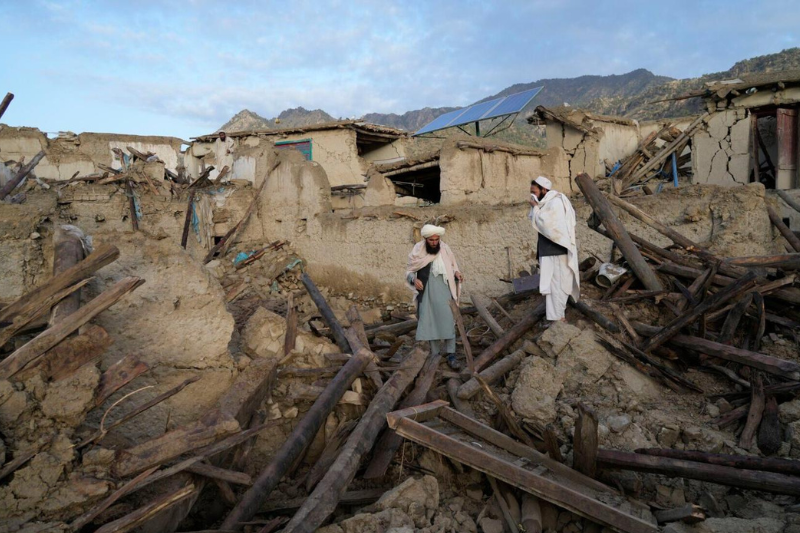A powerful 6.8 magnitude earthquake hit central Morocco late Friday, injuring scores of people and causing severe damage in several areas. The epicentre was in the High Atlas Mountains, 71 km south-west of the Unesco-protected old city of Marrakesh.
The death toll from the quake has soared to more than 2,000, with the interior ministry raising concerns over more than 1,400 people sustaining serious injuries. King Mohammed VI has declared three days of national mourning. Flags will be at half-mast on all public buildings.
The monarch has ordered shelter, food and other forms of assistance for survivors. The heaviest casualties are reported in provinces just south of Marrakesh, a city with world heritage status that is popular with tourists.
Fearing Aftershocks, People Sleep On Streets
Friday’s earthquake was the deadliest in Morocco since Agadir was devastated in 1960 by a 6.7 magnitude tremor that killed more than 12,000. The armed forces have been ordered to assist rescue teams, with Moroccans seen donating blood as part of the national effort to help victims.
A number of people spent a second night out in the open, fearing aftershocks. While the epicentre was near Marrakesh, the tremors were also felt in the capital, Rabat, some 350 km away, as well as in Agadir, Casablanca and Essaouira.
Al Haouz province has the highest death toll from the earthquake, followed by Taroudant province, according to the interior ministry. Although Marrakesh has seen far fewer fatalities in the disaster, the historic city has suffered notable damage.
Keep Reading
Countries Pledge Support For Morocco
It is believed several simple mud brick, stone and timber houses in mountain villages will have collapsed. But authorities will take some time to assess the scale of devastation in remote areas. The quake was also the most powerful to hit the country for more than a century.
Also known to have experienced the shock waves, neighbouring Algeria – which has had hostile relations with Morocco in recent years – has opened its airspace for humanitarian flights to the flattened areas. Meanwhile, the UN said it was ready to assist Morocco in its rescue efforts.
Addressing the G20 Summit on Saturday, Indian Prime Minister Narendra Modi said the international community would help the Moroccan government in its time of crisis. Similar pledges have also come from several other countries including France, Spain and Israel.

